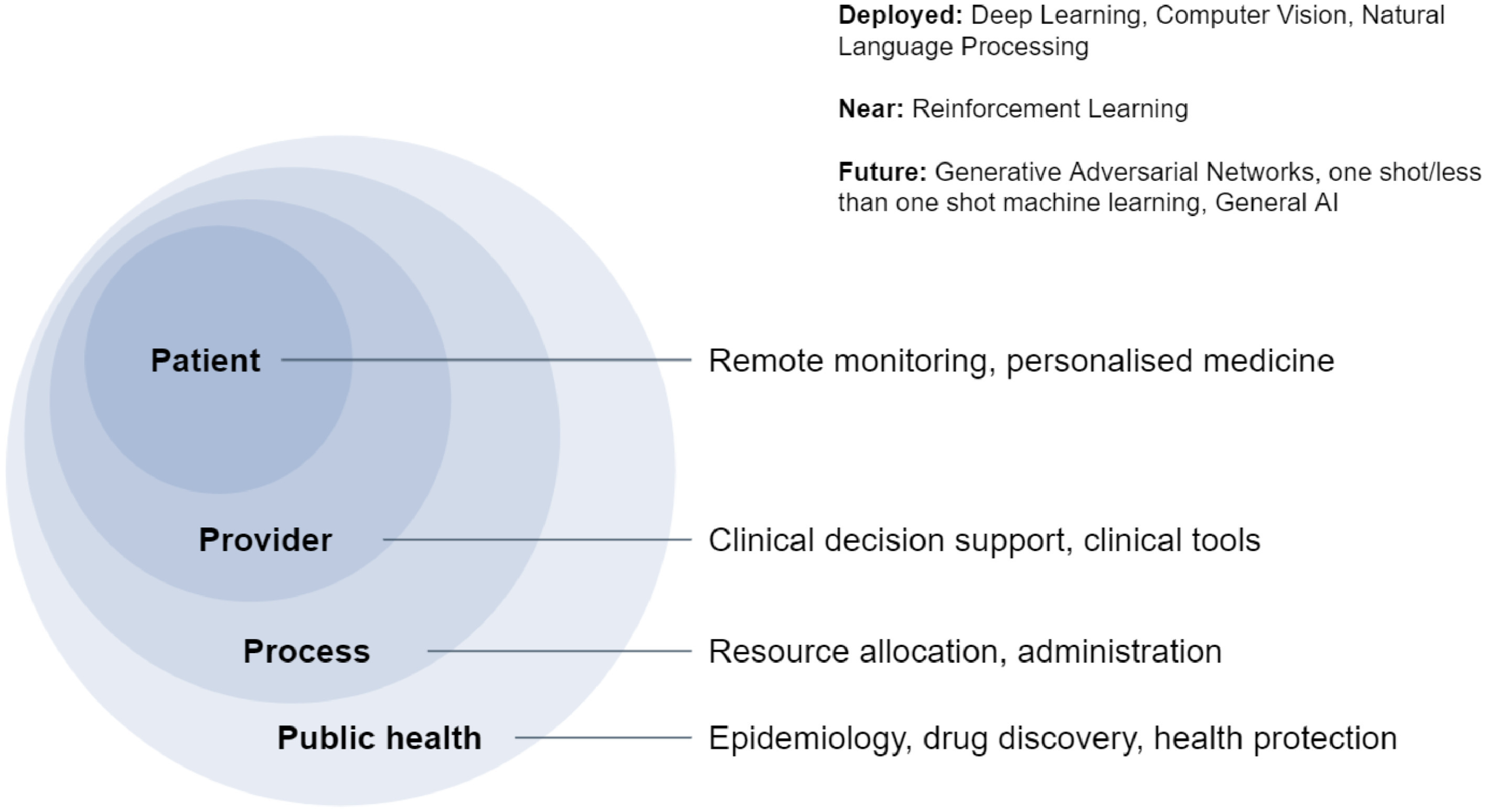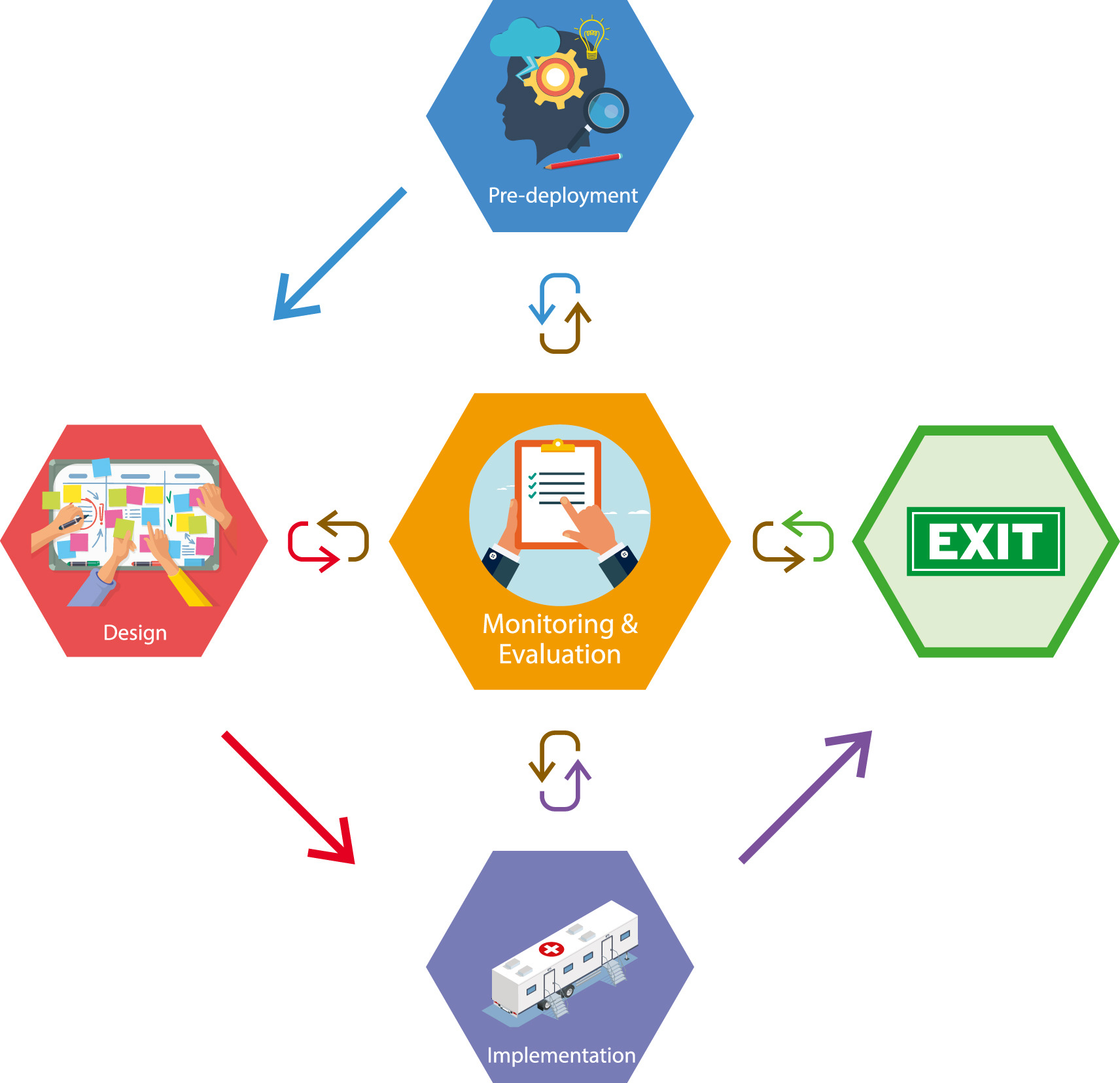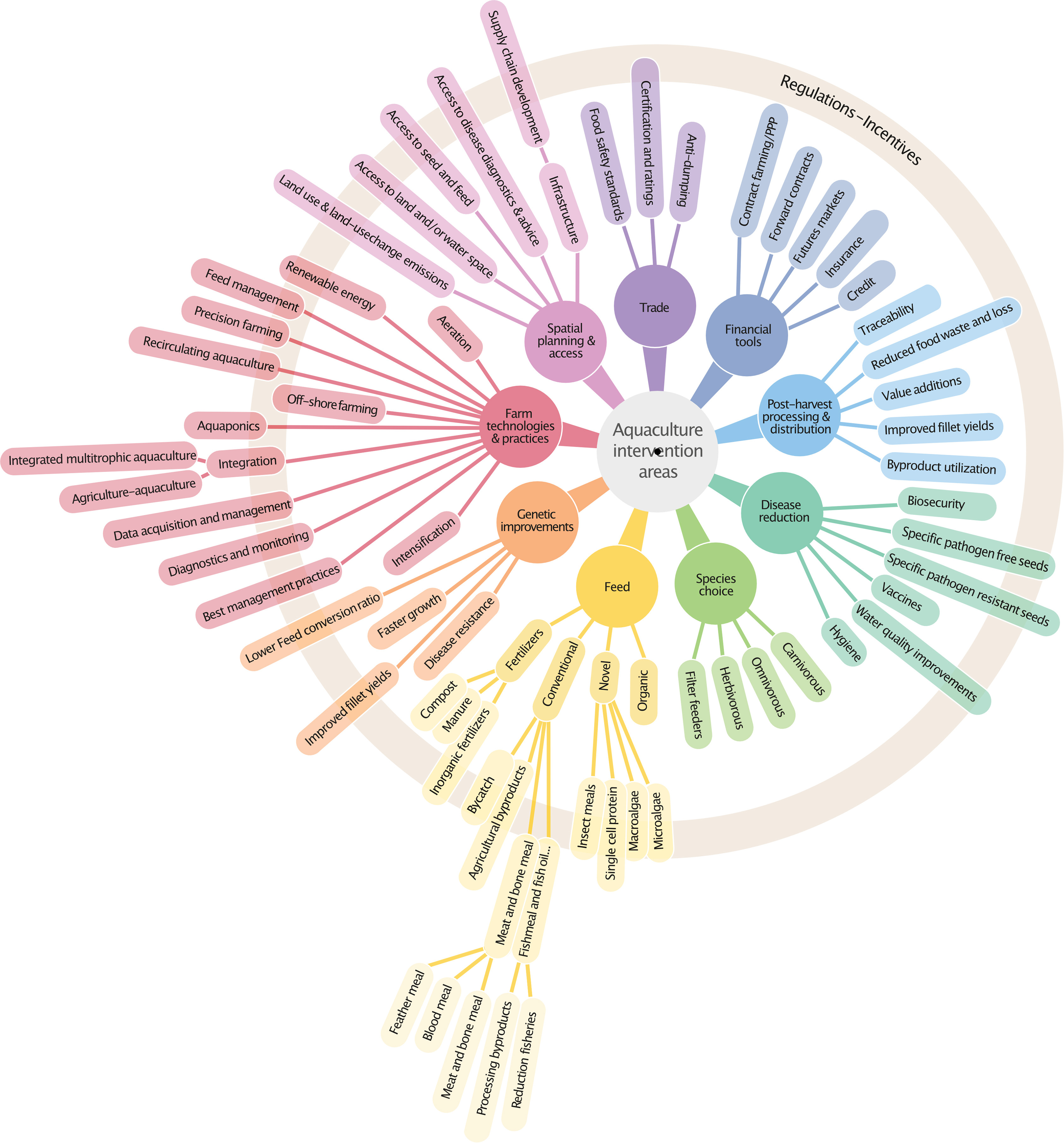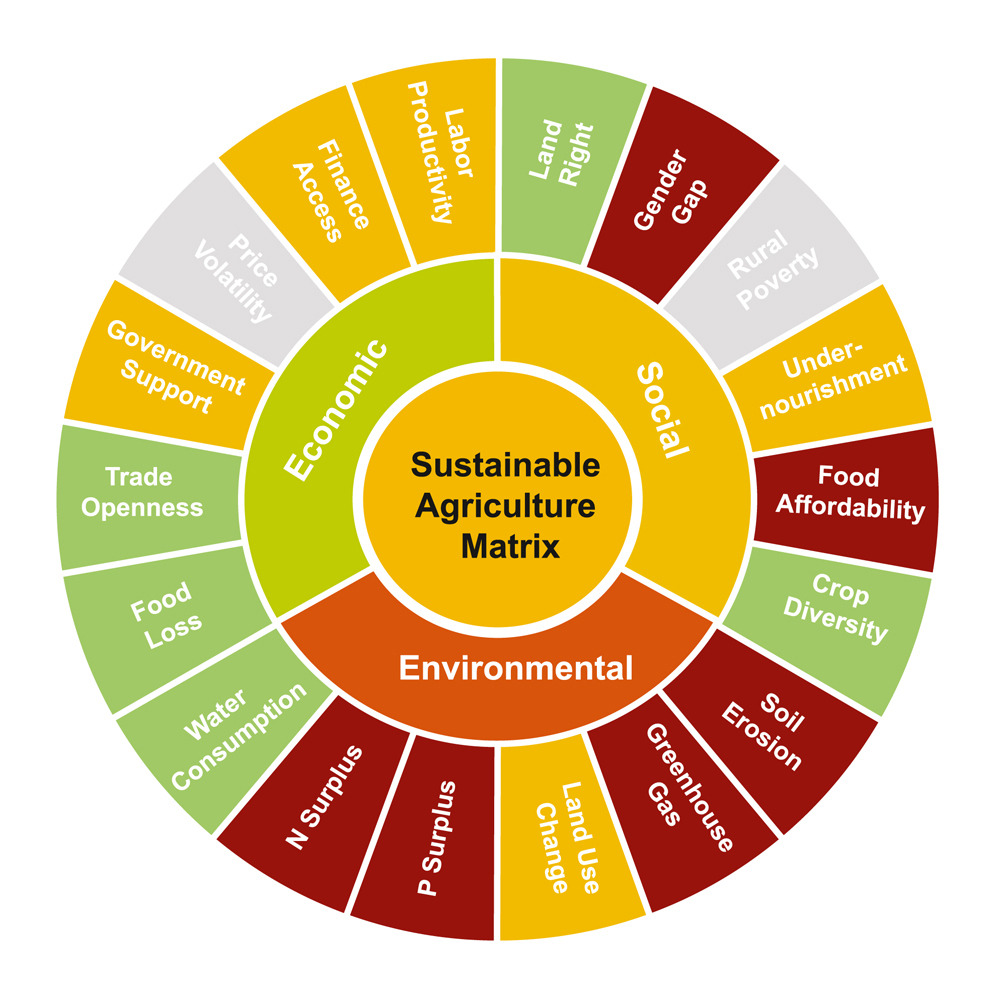Elsevier,
The Journal of Climate Change and Health, Volume 4, 2021, 100058
This paper presents an initial qualitative exploration of United States physicians’ perspectives with regard to whether, why and how physicians might discuss the health effects of global environmental change, climate change in particular, with their patients and what would need to change in healthcare systems to facilitate this.
Elsevier, Ageing Research Reviews, Volume 70, September 2021
The novel coronavirus disease 2019 (COVID-19) has pushed the medical system to its breaking point. While the virus does not discriminate, the elderly and those with comorbidities, including hypertension severe obesity, diabetes mellitus, coronary disease, pneumonia and dementia, are at a greater risk for adverse outcomes due to COVID-19. While many people navigate their new normal, the question of what the long-lasting effects of the pandemic may be, lingers.
Elsevier, Behavioural Brain Research, Volume 414, 24 September 2021
Rho-associated coiled-coil kinase (ROCK), a serine/threonine kinase regulated by the small GTPase RhoA, is involved in regulating cell migration, proliferation, and survival. Numerous studies have shown that the RhoA/ROCK signaling pathway can promote Alzheimer's disease (AD) occurrence. ROCK activation increases β-secretase activity and promotes amyloid-beta (Aβ) production; moreover, Aβ further activates ROCK. This is suggestive of a possible positive feedback role for Aβ and ROCK. Moreover, ROCK activation promotes the formation of neurofibrillary tangles and abnormal synaptic contraction.
Elsevier, One Earth, Volume 4, 17 September 2021
Aquatic foods are increasingly being recognized as having an important role to play in an environmentally sustainable and nutritionally sufficient food system. Proposals for increasing aquatic food production often center around species, environments, and ambitious hi-tech solutions that mainly will benefit the 16% of the global population living in high-income countries.
Elsevier, One Earth, Volume 4, 17 September 2021
Agriculture is fundamental to all three pillars of sustainability, environment, society, and economy. However, the definition of sustainable agriculture and the capacities to measure it remain elusive. Independent and transparent measurements of national sustainability are needed to gauge progress, encourage accountability, and inform policy. Here, we developed a Sustainable Agriculture Matrix (SAM) to quantify national performance indicators in agriculture and to investigate the trade-offs and synergies based on historical data for most countries of the world.
Elsevier, One Earth, Volume 4, 17 September 2021
Coral reefs worldwide are facing impacts from climate change, overfishing, habitat destruction, and pollution. The cumulative effect of these impacts on global capacity of coral reefs to provide ecosystem services is unknown. Here, we evaluate global changes in extent of coral reef habitat, coral reef fishery catches and effort, Indigenous consumption of coral reef fishes, and coral-reef-associated biodiversity. Global coverage of living coral has declined by half since the 1950s.





